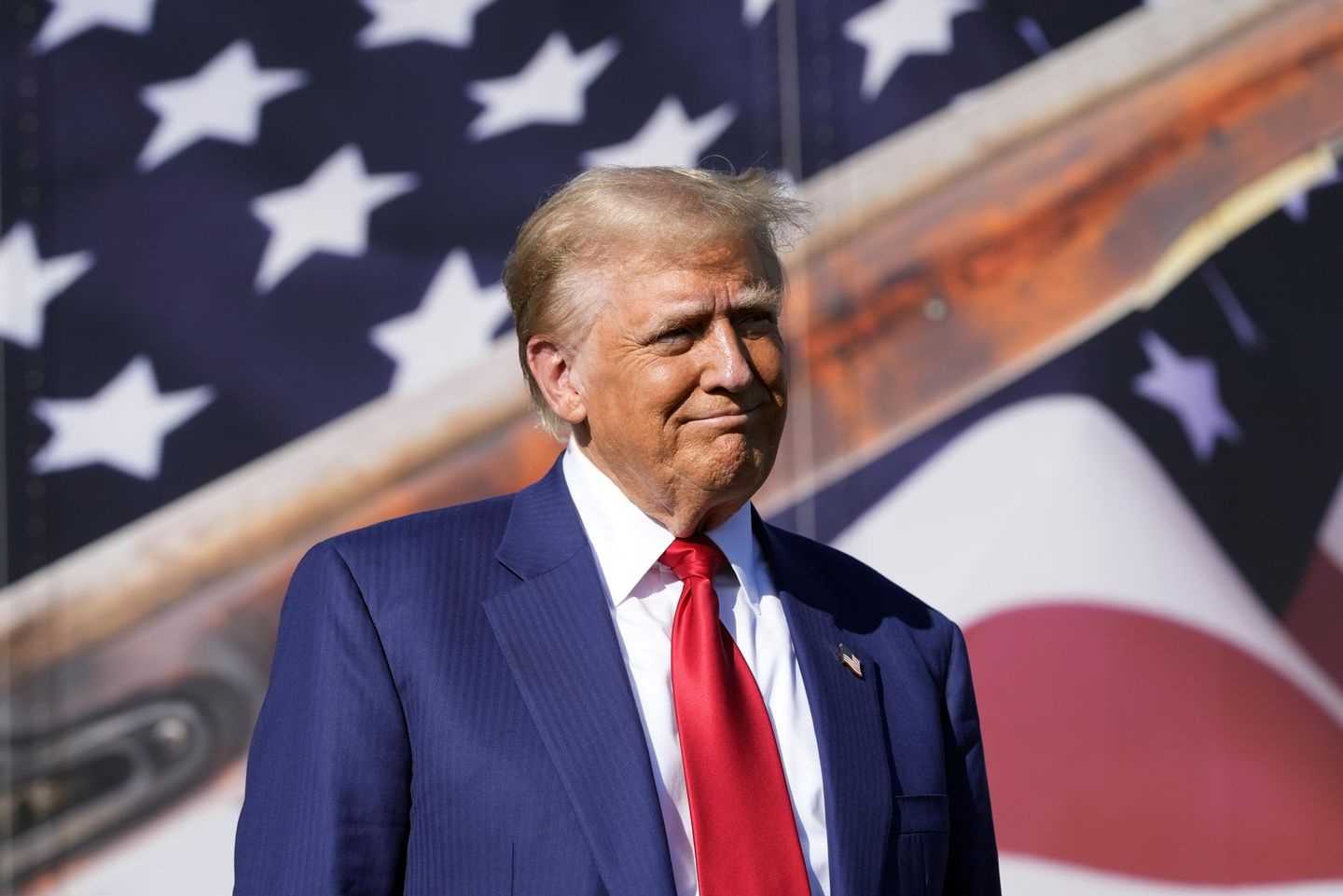Former President Donald Trump has officially announced his candidacy for the 2024 presidential election, setting the stage for a highly anticipated showdown with current Vice President Kamala Harris. Trump, who served as the 45th President of the United States from 2017 to 2021, is positioning himself as the candidate of lower taxation, contrasting his approach with Harris’ policies which he argues will lead to increased taxation for Americans.
In a recent campaign rally, Trump addressed a crowd of supporters, outlining his vision for the country’s future. He emphasized the importance of reducing taxes for individuals and businesses, arguing that lower taxes would stimulate economic growth and create more opportunities for Americans. Trump’s message resonated with many in the audience, who have long been vocal about their opposition to high taxes and government spending.
The former President wasted no time in attacking Harris’ record on taxation, accusing her of supporting policies that would burden American families and hinder economic prosperity. Trump highlighted his own tax cuts during his presidency, which he claims led to record job creation and wage growth. He promised to build on these achievements if elected for a second term, vowing to further reduce taxes and eliminate wasteful government spending.
Harris, on the other hand, has defended her approach to taxation, arguing that it is necessary to fund essential government programs and services. She has proposed raising taxes on the wealthy and corporations to pay for initiatives such as healthcare reform, education funding, and infrastructure improvements. Harris believes that a more progressive tax system is needed to address income inequality and provide support for those in need.
The clash between Trump and Harris on the issue of taxation reflects broader ideological differences between the two candidates. Trump, a Republican, is known for his conservative fiscal policies and emphasis on limited government intervention in the economy. Harris, a Democrat, advocates for a more active role of government in addressing social and economic challenges, including through taxation and public spending.
The 2024 election is shaping up to be a referendum on these competing visions for the country’s future. Trump’s message of lower taxes and limited government resonates with many conservative voters who prioritize individual freedom and economic opportunity. Harris’ agenda of higher taxes and increased government intervention appeals to progressive voters who prioritize social justice and equality.
The outcome of the election will have far-reaching implications for the direction of US economic policy and government spending. A victory for Trump would likely result in further tax cuts and deregulation, while a win for Harris could lead to higher taxes on the wealthy and increased social spending. Both candidates are vying for the support of undecided voters who will play a crucial role in determining the outcome of the election.
As the campaign heats up, both Trump and Harris are expected to intensify their efforts to win over voters and rally support for their respective policy agendas. The issue of taxation is just one of many that will be debated in the coming months, as the candidates seek to differentiate themselves and appeal to a diverse electorate.
In addition to taxation, other key issues in the 2024 election include healthcare, immigration, climate change, and foreign policy. Trump and Harris have divergent views on these topics, with each candidate offering distinct proposals for addressing the challenges facing the country. Voters will have the opportunity to weigh these competing visions and decide which candidate they believe is best equipped to lead the nation.
The stakes are high in the 2024 election, with both Trump and Harris seeking to define the future of the country for the next four years and beyond. The outcome of the election will shape the trajectory of US economic policy, social programs, and international relations, influencing the lives of millions of Americans and people around the world.
As the campaign unfolds, voters will have the opportunity to engage with the candidates, learn about their policy positions, and make an informed decision at the ballot box. The choice between Trump and Harris is not just a choice between more and less taxation, but a choice between two competing visions for the future of the United States. The outcome of the 2024 election will have lasting consequences for the country and its citizens, shaping the course of history for years to come.









